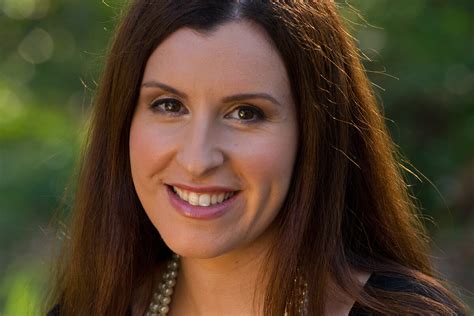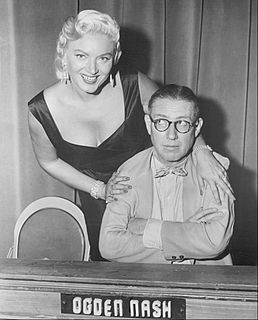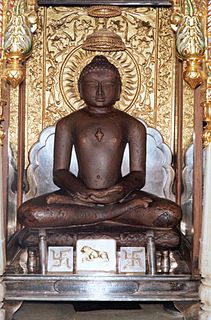A Quote by Albert Einstein
What is significant in one's own existence one is hardly aware, and it certainly should not bother the other fellow. What does a fish know about the water in which he swims all his life?
Related Quotes
Of what significance is one's existence, one is basically unaware. What does a fish know about the water in which he swims all his life? The bitter and the sweet come from outside. The hard from within, from one's own efforts. For the most part I do what my own nature drives me to do. It is embarrassing to earn such respect and love for it.
A fish swims in the ocean, and no matter how far it swims there is no end to the water. A bird flies in the sky, and no matter how far it flies there is no end to the air. However the fish and the bird have never left their elements. Thus each of them totally covers its full range, and each of them totally experiences its realm... Know that water is life and air is life. The bird is life and the fish is life. Life must be the bird and life must be the fish... practice, enlightenment and people are like this.
We speak now or I do, and others do. You've never spoken before. You will. You'll be able to say how the city is a pit and a hill and a standard and an animal that hunts and a vessel on the sea and the sea and how we are fish in it, not like the man who swims weekly with fish but the fish with which he swims, the water, the pool. I love you, you light me, warm me, you are suns. You have never spoken before.
The popular masses are like water, and the army is like a fish. How then can it be said that when there is water, a fish will have difficulty in preserving its existence? An army which fails to maintain good discipline gets into opposition with the popular masses, and thus by its own action dries up the water.
The pitch to which he was aroused was tremendous. All the fighting blood of his breed was up in him and surging through him. This was living., though he did not know it. He was realizing his own meaning in the world; he was doing that for which he was made.... He was justifying his existence, than which life can do no greater; for life achieves its summit when it does to the uttermost that which it was equipped to do.
The process could be likened to relaxing on a riverbank and watching a fish leap out of the water, sparkle for a moment in the sunlight, then dive back in a graceful arc. There is no need to engage in a mental dialogue about the merits and demerits of the fish, emotionally react to the fish, or jump into the water to try to catch the fish. Once the fish is out of sight, it should also be out of mind.
Does the open wound in another's breast soften the pain of the gaping wound in our own? Or does the blood which is welling from another man's side staunch that which is pouring from our own? Does the general anguish of our fellow creatures lessen our own private and particular anguish? No, no, each suffers on his own account, each struggles with his own grief, each sheds his own tears.
Once upon a time, a fisherman went out to sea. He caught many fish and threw them all into a large bucket on his boat. The fish were not yet dead, so the man decided to ease their suffering by killing them swiftly. While he worked, the cold air made his eyes water. One of the wounded fish saw this and said to the other: "What a kind heart this fisherman has- see how he cries for us." The other fish replied: "Ignore his tears and watch what he is doing with his hands.
The child knows only that he engages in play because it is enjoyable. He isn't aware of his need to play--a need which has its source in the pressure of unsolved problems. Nor does he know that his pleasure in playing comes from a deep sense of well-being that is the direct result of feeling in control of things, in contrast to the rest of his life, which is managed by his parents or other adults.
What is the meaning of human life, or, for that matter, of the life of any creature? To know the answer to this question means to be religious. You ask: Does it make any sense, then, to pose this question? I answer: The man who regards his fellow creatures as meaningless is not merely unhappy but hardly fit for life.



































